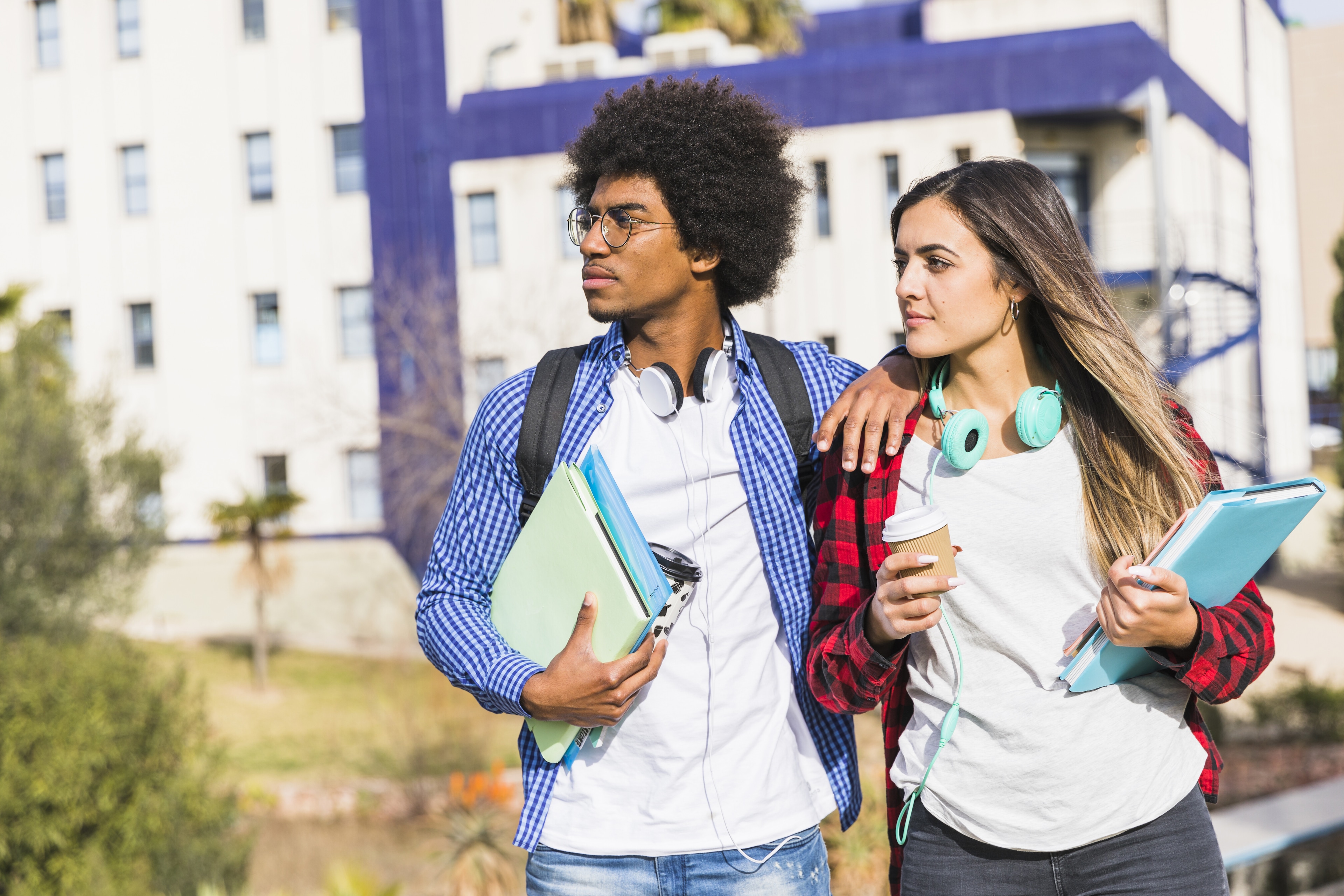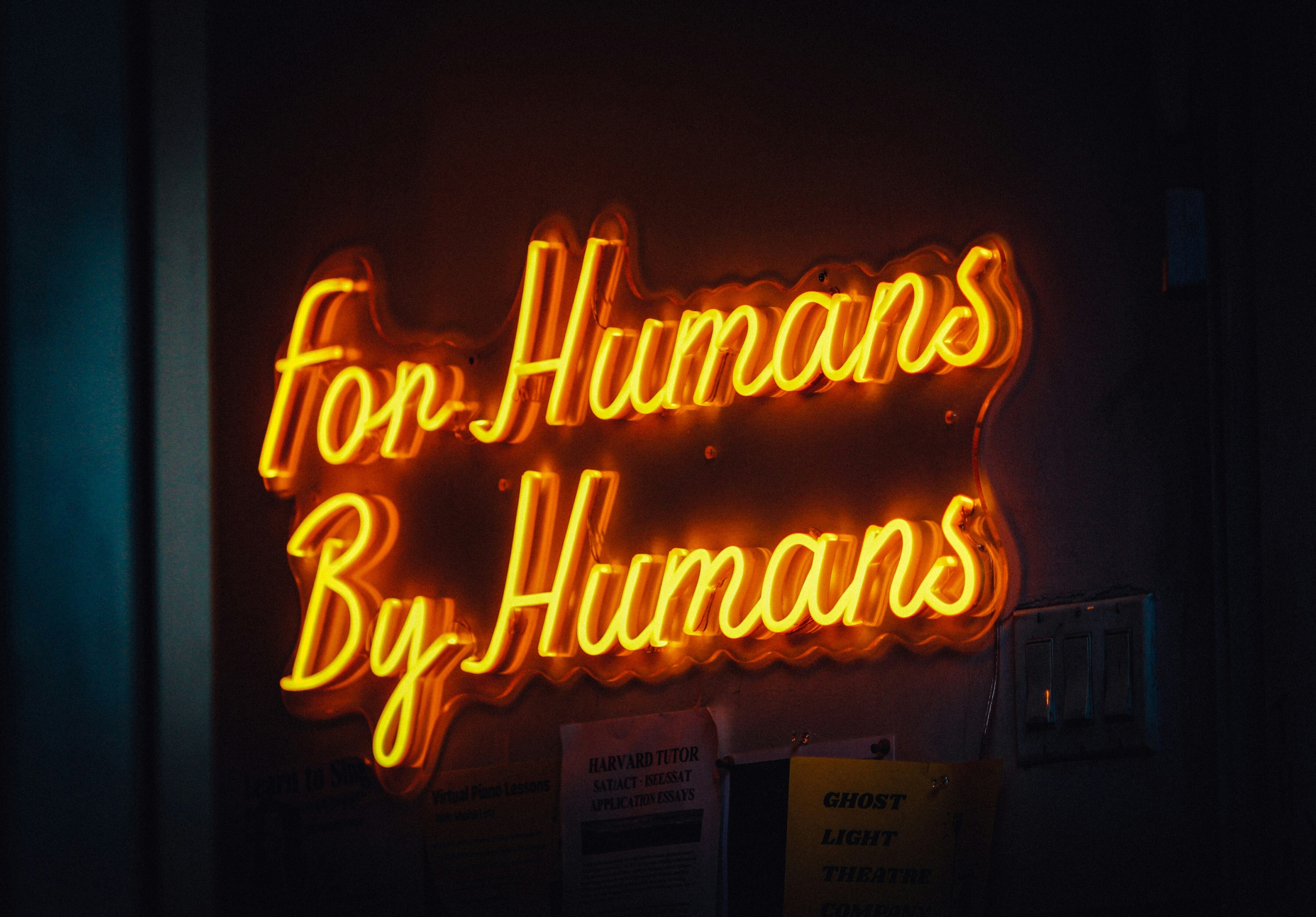These 12 innovators are transforming the future of education

Quality education is vital in the UN Sustainable Development Goals, but this has been significantly disrupted by COVID-19.
Image: UNSPLASH/Ivan Aleksic
Stay up to date:
UpLink
Listen to the article
- COVID-19 continues to disrupt schoolchildren’s right to a quality education.
- In March 2021, schools in 57 countries were still closed, according to the World Bank.
- Deloitte launched the WorldClass Education Challenge on the World Economic Forum's UpLink platform to search for innovators who are bridging gaps in learning and access.
- Deloitte will invest US$1 million in the 12 top innovations, announced today, supporting them to scale their solutions to impact more learners. This is part of Deloitte’s WorldClass ambition to provide educational opportunities to 100 million individuals by 2030.
Today’s students are tomorrow’s workers, problem-solvers and leaders. Access to a quality education is vital not just for children to thrive, but for social and economic development.
The United Nation’s Sustainable Development Goals set out that every child should have a free, quality primary and secondary level education. It’s estimated that the disruptions to education resulting from the COVID-19 pandemic have set back progress in educational gains by 20 years. While all students were impacted by the pandemic, the difference between the privileged, and those being left behind, has widened even further.
In India, for example, one study suggests nearly 40% of students in less privileged households have not been able to study at all. And the government estimates some 30 million schoolchildren have no access to smartphones, devices or the internet to attend school online.
WorldClass Education Challenge
Deloitte is committed to using this moment to truly catalyze change. We must identify what is working, the new ways and innovations that are delivering results for students, and scale them. To find ideas with the highest potential for impact and scale, Deloitte ran the WorldClass Education Challenge on the World Economic Forum’s UpLink platform.
The Challenge had three focus areas: providing equitable access for students being left behind; investing in teachers’ development; and equipping students with the skills they will need in 2030. It focused on finding solutions in Africa, India and Asia Pacific.
Accept our marketing cookies to access this content.
These cookies are currently disabled in your browser.
From almost 400 submissions, 12 innovators have been selected. These individuals and their organizations will work alongside Deloitte professionals to help address the global education crisis. They will also receive up to US$1 million in professional services on a pro bono basis and financial grants.
Announcing the Top UpLink innovators
The 12 innovations chosen to be Top UpLink innovators are:
AFRICA
Developed with the needs of African teachers in mind, Learnable is an augmented teaching assistant that allows teachers to compose and distribute dynamic, interactive lessons via a dedicated mobile app and WhatsApp. Lessons can be saved offline, so that students do not need constant internet access.
Nomad Education is a free mobile app which offers 350 academic certificates that helps more than 1 million francophone children every year to succeed in their studies, whatever their social, geographic or academic background.
The Pan-African Robotics Competition (PARC) is the largest robotics competition in Africa and has educated more than a 1000 African youth in Science, Technology, Engineering & Math (STEM), while also offering a Virtual Learning Platform (VLP) to enable the African youth to virtually learn to code, design and build their own robots. It also integrates a feature for collaboration and knowledge exchange.
A lack of quality STEM education directly impacts productivity and economic development in Nigeria. Millions of students have no access to traditional laboratories, which are expensive to build and maintain, says Oyebisi. StanLab is a cloud-based, 3D virtual laboratory platform, providing near real-life laboratory experience for students without access to physical laboratories.
UCT Online High School's mission is to turn physical limitations into digital opportunities for Africa’s children to access aspirational, quality secondary school education. Its purpose-built online school and free online curriculum pave the way for high quality, online and blended learning to be delivered at scale, and stimulate digital transformation of the education systems on the continent.

INDIA
Emotional intelligence, critical thinking and problem solving are key skills for the future of work. Call-a-Kahaani is Udhyam Learning Foundation's Interactive Voice Response (IVR) platform to empower youth with entrepreneurial mindsets, leveraging engaging interactive storytelling.
Ekatra is a tool for educators and organizations to deliver learning at scale, using text (including SMS and WhatsApp) message-based micro courses targeted to improve learning, with the mission to bring important knowledge to people no matter what their circumstances are.
Rocket Learning builds vibrant digital communities of parents and teachers to support foundational learning for some of the world's most underprivileged children. It is helping 20,000 teachers reach over 200,000 parents daily with contextualized content in their local language sent via WhatsApp groups. This supports parents with the crucial early years education, including teaching children to recognize letters and numbers.
ASIA PACIFIC
An initiative of Generation Peace, this solution aims to empower educators to reinvent the way they teach. The web-based learning platform is designed to help Indonesian educators encourage innovation in their classrooms – and raise the next generation of critical thinkers. It offers practical tools, proven strategies, and best practices from around the world to inspire future change-makers.
Komerce is transforming the lives of rural Indonesian communities by unlocking e-commerce potential through education. The innovative platform teaches Indonesian youth e-commerce skills, and connects them with small and medium-sized enterprises in their rural towns, to both boost the local economy and provide opportunities for young people.
An innovation of The Posify Group, The Posify Academy is a student-led, evidence-based combined well-being and career development platform, arming youth with a sense of purpose and equipping them with future skills, so they can navigate this rapidly evolving world with confidence, and uncover and deliver their unique potential.
An initiative of Edukasyon.ph, Tech-Voc Career Accelerator drives youth not in education, employment and training (NEET) in the Philippines to the frontlines of employment by transforming their interest into a passion for technical-vocational work through holistic skills development, industry training and linkages, and continuous learning.
UpLink, the World Economic Forum’s early-stage innovation initiative, is enabling and accelerating the purpose-driven entrepreneurs that are essential for a net-zero, nature-positive, and equitable future. To find out more and join the UpLink community, click here.
Don't miss any update on this topic
Create a free account and access your personalized content collection with our latest publications and analyses.
License and Republishing
World Economic Forum articles may be republished in accordance with the Creative Commons Attribution-NonCommercial-NoDerivatives 4.0 International Public License, and in accordance with our Terms of Use.
The views expressed in this article are those of the author alone and not the World Economic Forum.
Forum Stories newsletter
Bringing you weekly curated insights and analysis on the global issues that matter.
More on Education and SkillsSee all
Laurel Taylor
August 18, 2025
Antara Choudhury and Vivin Rajasekharan Nair
August 14, 2025
Rawan bint Najeeb Tawfeeqi
August 11, 2025
Neeti Mehta Shukla
August 1, 2025
Naoko Tochibayashi
July 30, 2025





